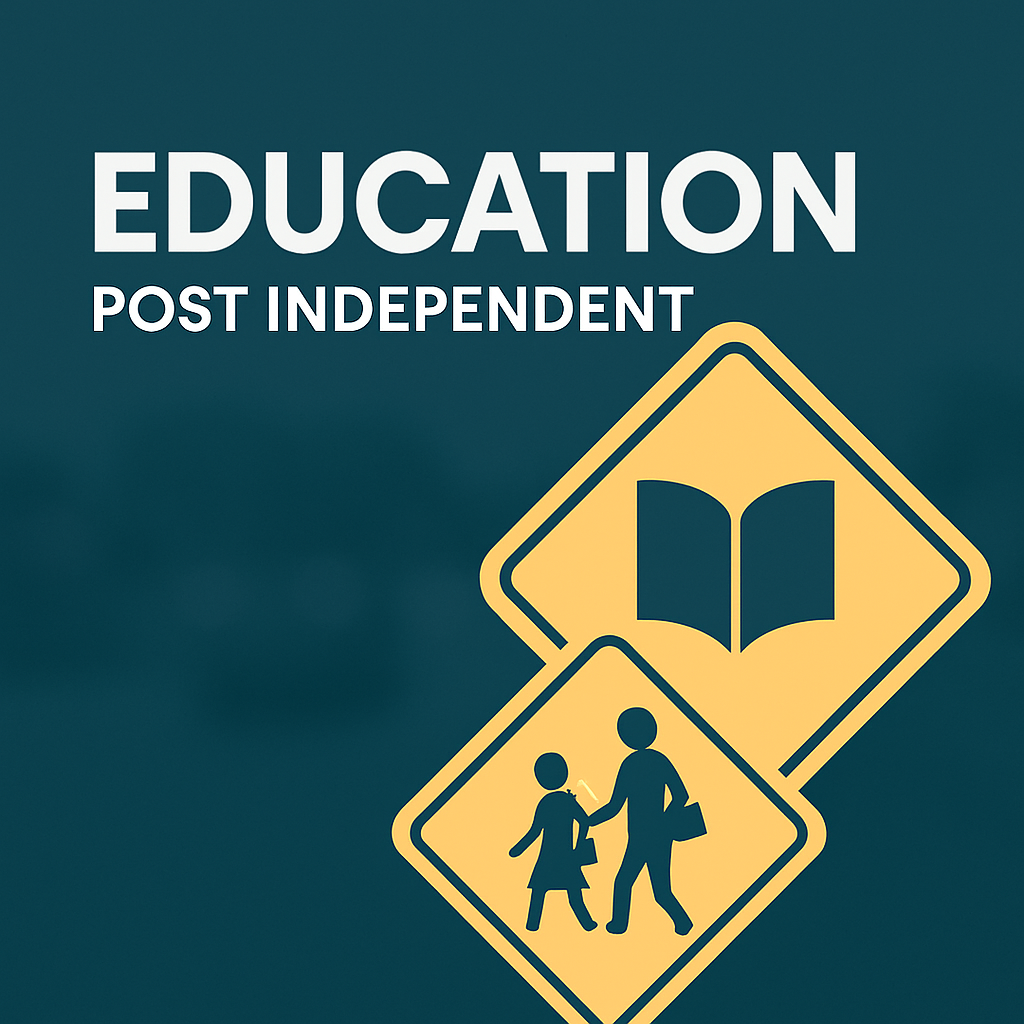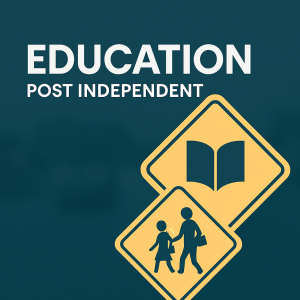RFSD Board of Education approves Glenwood Springs Elementary School Unified Improvement Plan

The Roaring Fork School District Board of Education unanimously approved the new Glenwood Springs Elementary Unified Improvement Plan (UIP) during their meeting on Wednesday night.
GSES Principal Lora Smith and Assistant Principal Courtney Rangel brought the new UIP to the board after the school’s Spring 2025 performance rating came back “Priority Improvement”, following two consecutive years of being rated “Improvement.”
The rating dip came after the school didn’t meet English language arts academic achievement and math academic growth.
The UIP was designed to specifically address the performance issues, as well as identifying some of the root causes that led to the underperformance like high rates of staff turnover, and fluctuating teaching practices between classrooms.
The elementary school framed the plan with help from staff, parents, and the Colorado Department of Education.
“We drafted this in collaboration with our school design team, which is instructional leaders from each team represented in our school,” Smith said during the meeting. “We then took that feedback and refined it with our smaller leadership team. We also consulted with the CDE Turnaround Network to get their feedback and input before most recently listening to our Family Advisory Board to hear what they think we should be doing and how they could support us.”
Causes
The UIP, designed to align with the district’s strategic plan, outlines that student success will always be the top priority. It also identifies performance priorities to track progress and attainable goals for the 2025-26 school year.
“An important piece of this is to look at what our major student performance priorities are,” Smith said. “We identified those as early literacy performances, having students reading at benchmark or above, addressing the widening gap for our third, fourth, and fifth grade student achievement in literacy and math, and addressing the low growth we’re seeing in our third through fifth grade literacy and math scores.”
Smith said the UIP identifies root causes of the subpar performance and noted that the presentation didn’t include mention of GSES operating without a culturally and linguistically diverse education coach during the 2024-25 school year.
“When we dig into why we think those things are happening, specifically when we are thinking about early literacy achievement, we associate that with the inconsistent implementation of tier one best practices in literacy instruction, as well as high staff turnover,” Smith said.
Smith used a similar explanation when speaking on the widening achievement gap, though said the CLDE coach should help cushion those numbers.
“When we think about our widening gaps in achievement in grades three through five, some of our reasoning behind that is a lack of consistent evidence-based practices consistently understood and implemented by all of our teachers and all of the content. We also found there isn’t consistent feedback for teachers on instructional practices, and that was partially due to a lack of having a coach last year, which we do this year.”
She related the lack of consistent practices to a lack of systems for teachers and coaches to regularly check on data.
“We relate that to a lack of systems for teachers, interventionists and coaches to regularly look at data together,” Smith said. “There is also a lack of clear structures to facilitate staff collaboration, which has an impact on outcomes.”
Solutions
Rangel emphasized the school’s need to use data to improve upon the widening achievement gap and low literacy and math performances.
“We are looking to increase planning and use of student engagement strategies to improve access to grade level curricula to support all students, especially our emerging bilingual students,” Rangel said.
“We’re also looking to really hone in on our data practices. We need to establish systems for data teams to consistently analyze student work, benchmark data, and make key adjustments to positively impact academics, behavior and attendance.”
She also explained how creating a stronger school culture and giving parents a deeper sense of community and belonging can help create a safe and comfortable space for students to learn.
“We’re building school-wide structures to support students,” Rangel said. “We are making the implicit very explicit around expectations, support, and positive recognitions for students.”
The school has also implemented professional development periods for staff during early-release Wednesdays to deeper understand how to support second language learners and a common data analysis protocol.
“We have a solid goal, action steps and a plan on how to implement our vision,” Rangel said.
The next regularly scheduled Roaring Fork School District Board of Education meeting will take place on Wednesday Oct. 22, at the RFSD District Office at 400 Sopris Ave., Carbondale.

Support Local Journalism

Support Local Journalism
Readers around Glenwood Springs and Garfield County make the Post Independent’s work possible. Your financial contribution supports our efforts to deliver quality, locally relevant journalism.
Now more than ever, your support is critical to help us keep our community informed about the evolving coronavirus pandemic and the impact it is having locally. Every contribution, however large or small, will make a difference.
Each donation will be used exclusively for the development and creation of increased news coverage.










